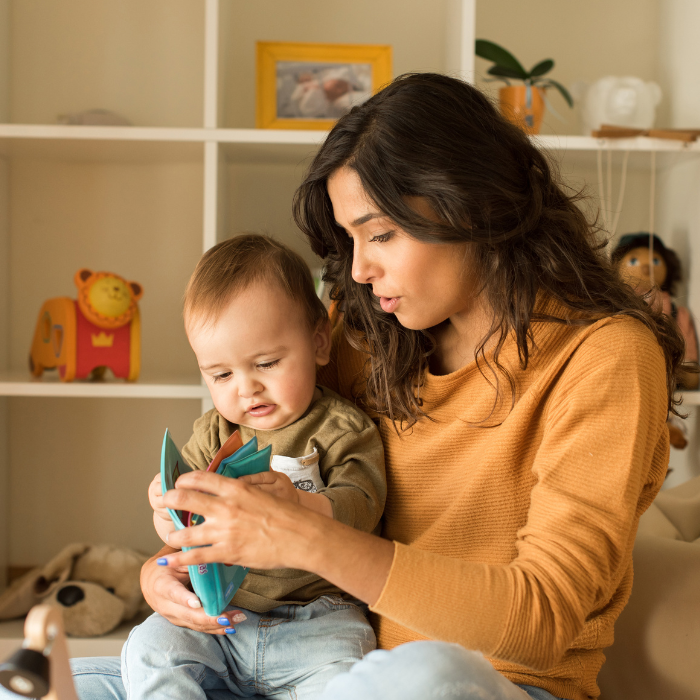
You’ve probably become apathetic to the word “mindfulness”, but did you know “learning to focus” can have a profound impact on your child’s learning? Here’s how.
When people think of mindfulness and its benefits, they tend to think of reduced stress and improved wellbeing. However, mindfulness also has great benefits for school and work performance, because being able to focus our attention helps us really concentrate on what we are doing. As a consequence, mindfulness helps both young and older people to learn – at school and at work – and to learn well and enjoyably.
To help our children and teenagers achieve its best benefits, it’s important that we understand how mindfulness helps learning. Mindfulness is much more than an increasingly popular way of helping people to relax, or to “chill out”, or even “zone out”. Mindfulness actually helps people learn to “zone in”. When a child or a teenager develops mindful attention and a mindful attitude of natural wonder, curiosity, and playfulness with whatever they are attending to, they are in the best possible learning space, no matter what their formal learning ability is.
EMBEDDING MINDFULNESS
Helping children and teenagers develop mindfulness by providing examples, sharing mindful activities with them, and teaching them formal (meditation) and informal (everyday) mindfulness practices helps them to learn anything as well as possible – emotionally, socially, and academically. This reduces their chance of developing any type of learning disorders by helping them develop a wide range of learning mechanisms and reduces their likelihood of developing mood disturbances, such as anxiety that can lead to learning difficulties.
Children and teenagers need primary and fully real experiences as well as secondary and virtual ones to help their learning. Primary or deep life experiences include playing in and enjoying nature or otherwise engaging with their natural environment, and wholeheartedly engaging with their senses rather than spending increasing amounts of time in and on screens and other reality filters. Full engagement with their senses allows young people to optimally develop the neural connections that enable emotional, social, and academic learning.
We naturally learn most effectively by playing games, sport and other recreational activities. Playfulness and curiosity can also be encouraged in classrooms, and this improves learning outcomes. Encouraging young people’s innate playfulness helps them to access their inherent mindfulness. The natural antidote to children and teenagers spending too much time staring at computer and television screens is encouraging them to spend more time being physically active and outside. Children and teenagers learn best by doing, and by being and doing with other people, and by doing one thing at a time.
THE EVIDENCE
Many scientific studies have shown that mindfulness improves mood problems that impair learning. One study showed that mindfulness reduces the anxiety levels and improves social skills of children and teenagers with learning disorders, and enhances their learning capacities. Another study found that mindfulness decreases tendencies to avoid unwanted experiences, which improves mood and resilience and therefore reduces an important barrier to learning. Importantly, recent studies have shown that parents can administer mindfulness programs to children that improve their learning ability.
As well as the considerable evidence showing that mindfulness improves young people’s emotional and social states, which in turn improves their learning, there is also considerable evidence to show that mindfulness practices can directly enhance learning-related cognitive attributes. Researchers have shown that mindfulness improves working memory capacity, a vital aspect of learning, and therefore results in better reading ability. A large meta-analytic study of the emotional and social benefits of mindfulness also showed that mindfulness improves emotion-associated cognitive capacities, as measured by before and after mindfulness intervention improvements in academic grades.
Mindfulness is a powerful, natural, and economical way of helping parents and schools enable young people to maximise their learning. It does this by helping them regulate attention, deal with emotions, manage frustration and increase self-motivation. As well as the obvious benefits for academic learning and performance, mindfulness also helps young people develop into awake, ethical human beings. As Adele Diamond, professor of neuroscience at the University of British Columbia, nicely puts it: “Academic achievement, social and emotional competence, and physical and mental health are fundamentally and multiply interrelated. The best and most efficient way to foster any of these is to foster all of them.”
Edited extract from Mindfulness at Play: Parenting Healthy, Happy Children with Old Wisdom and New Science by Dr Stephen McKenzie and Angela North, Exisle Publishing, RRP$34.99.








